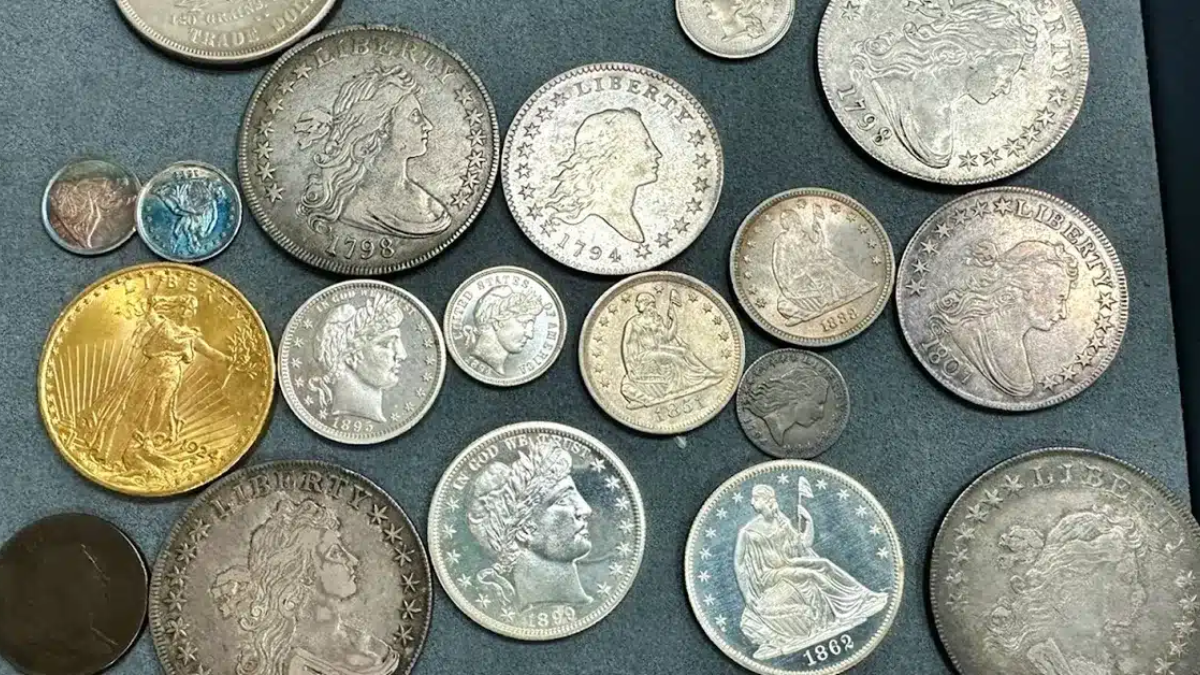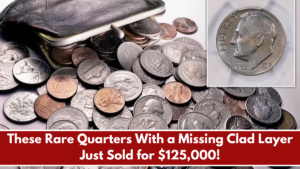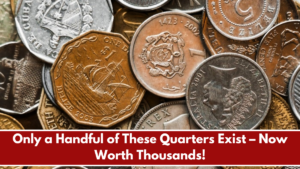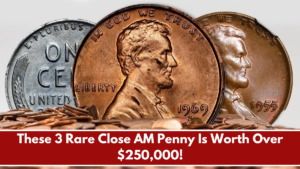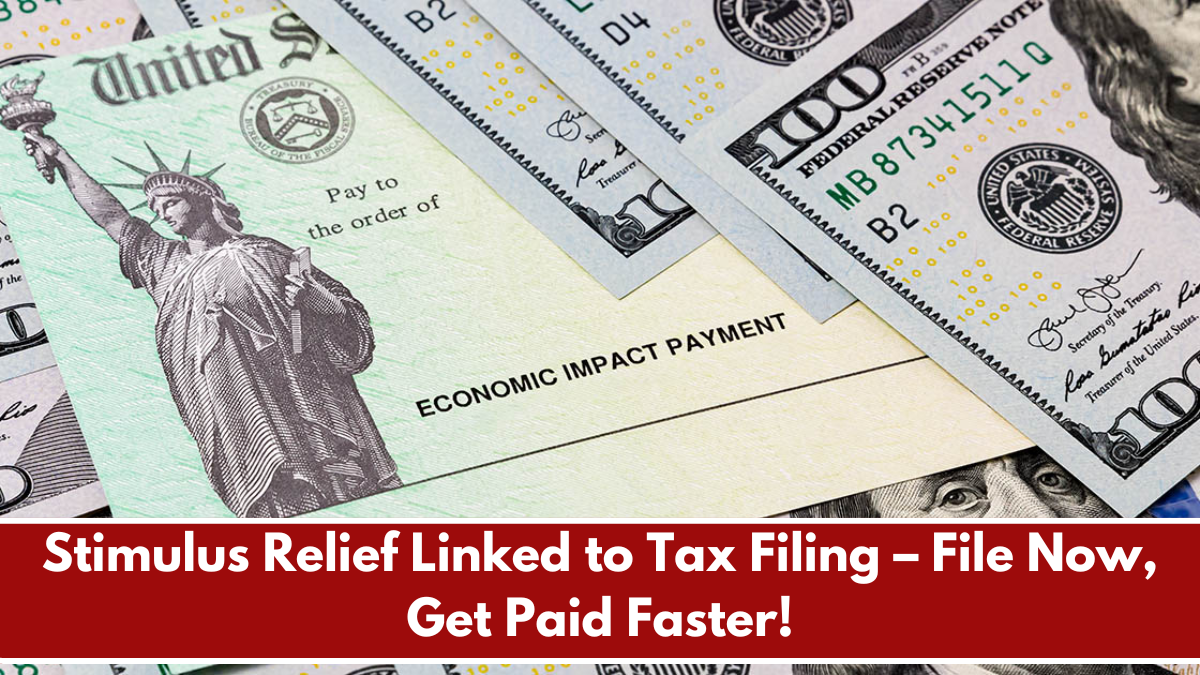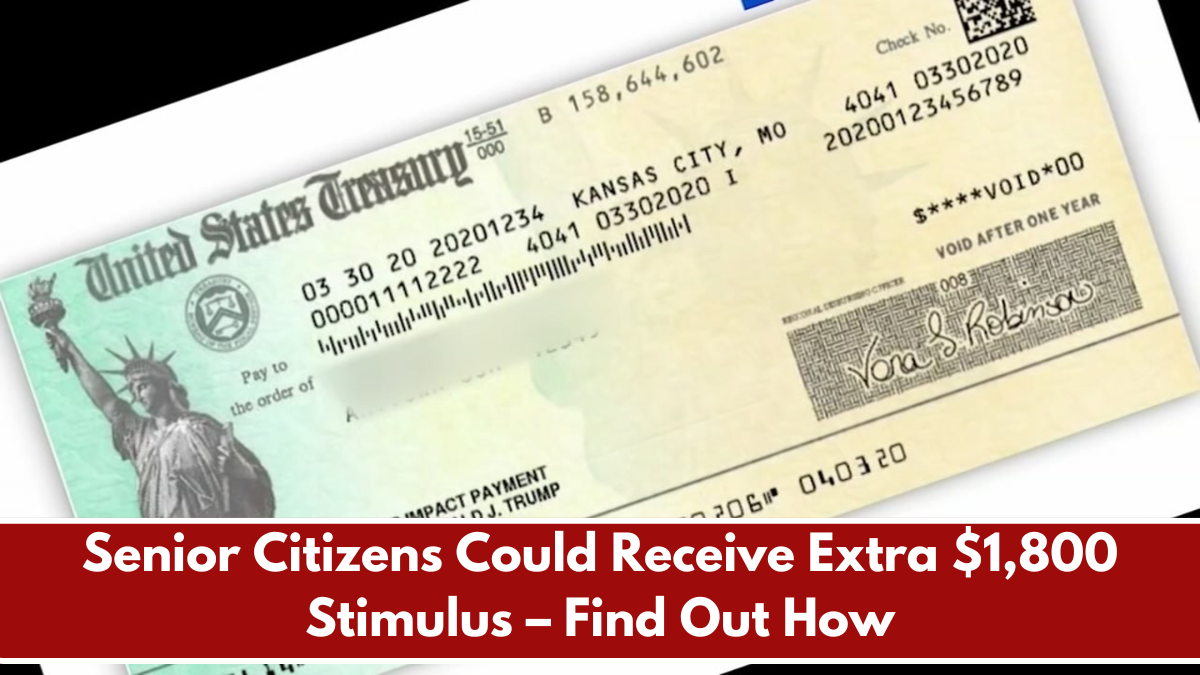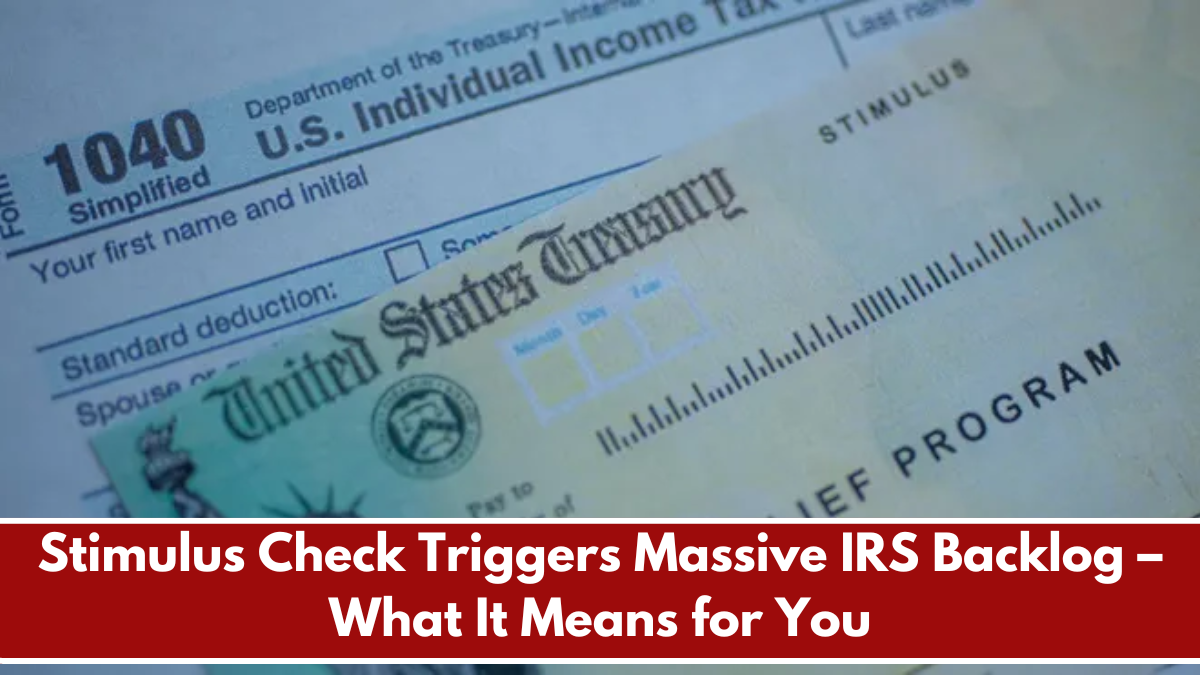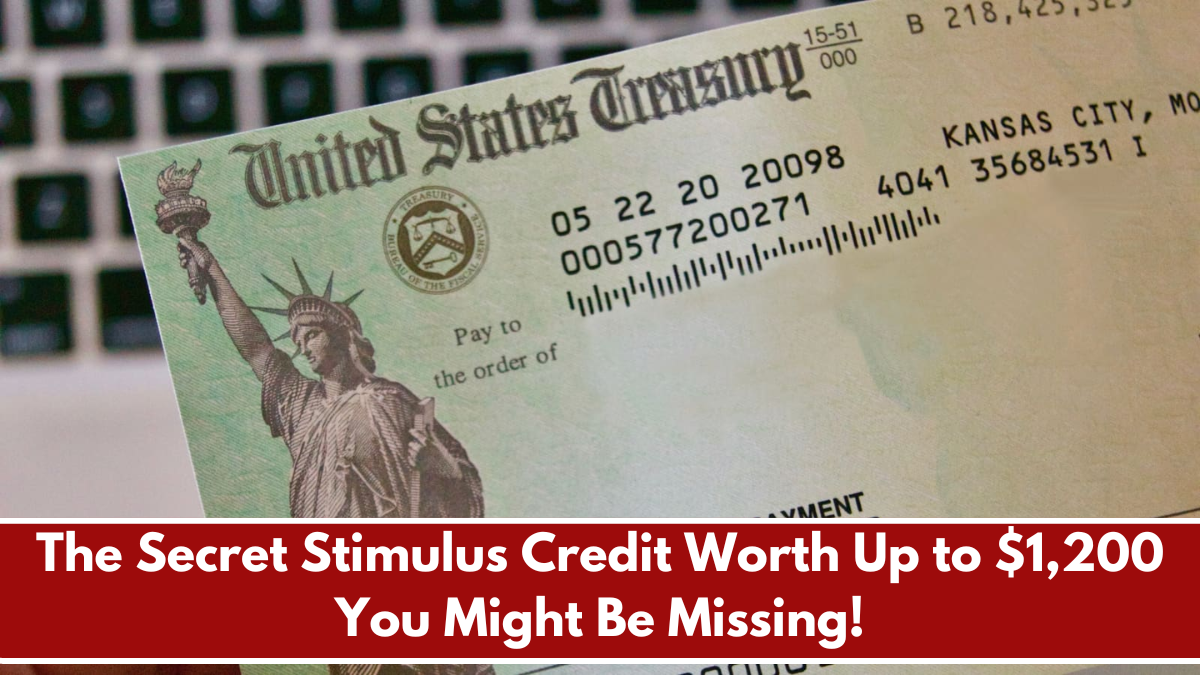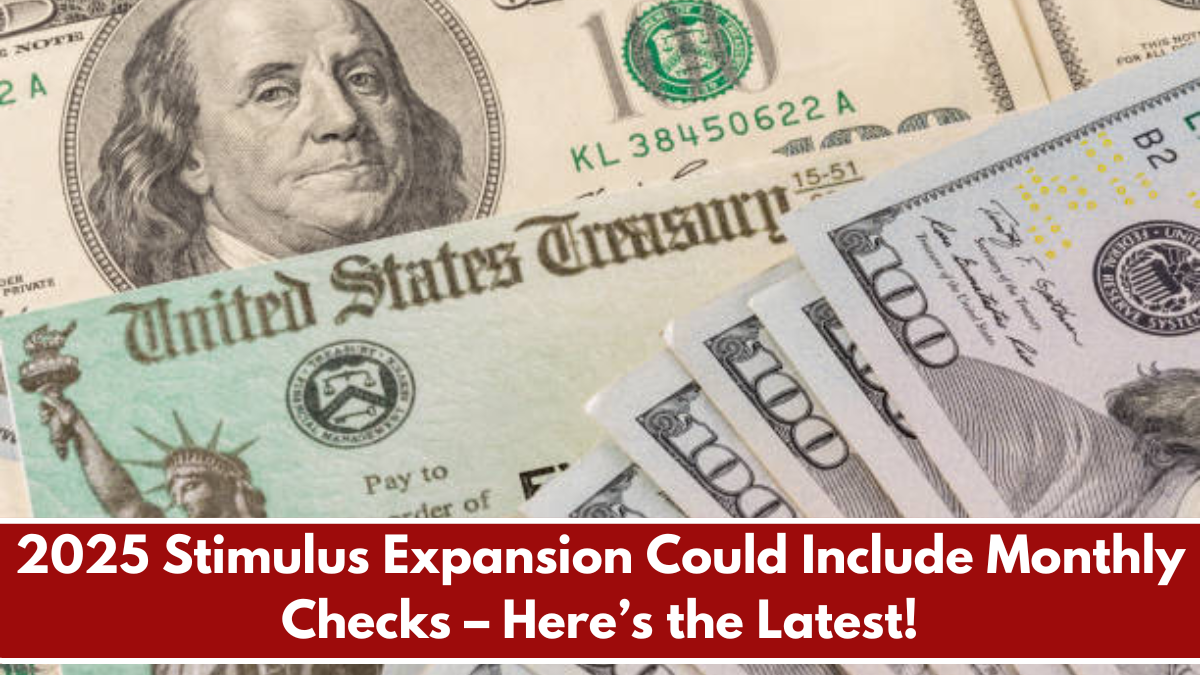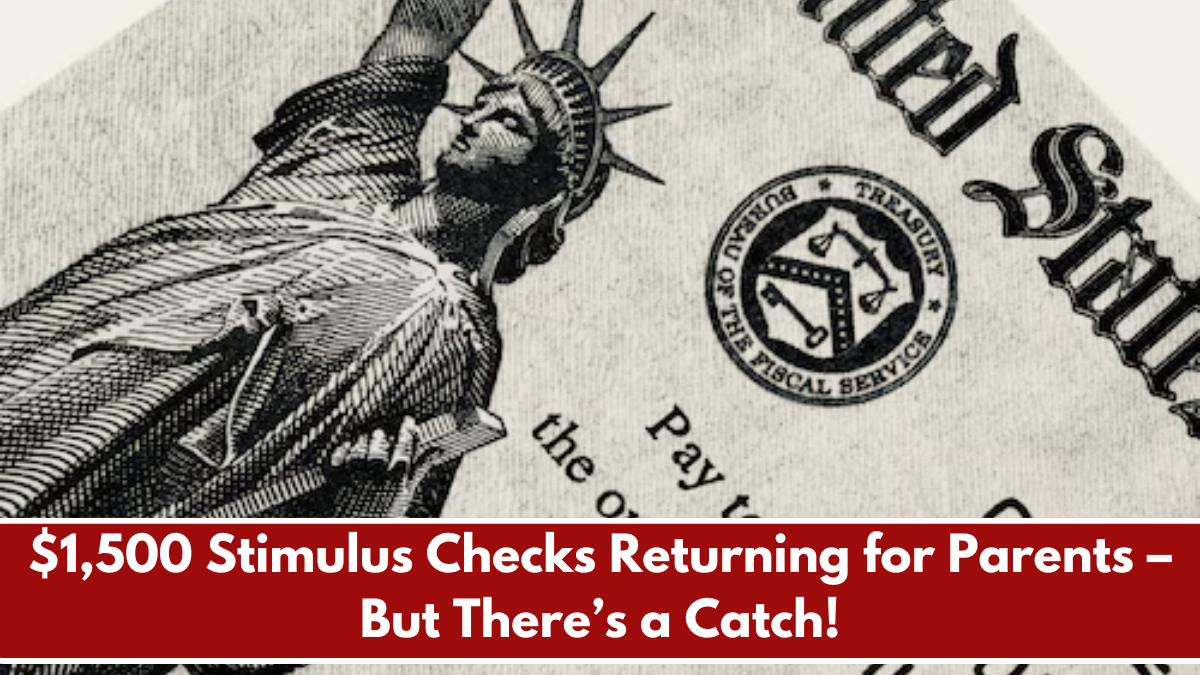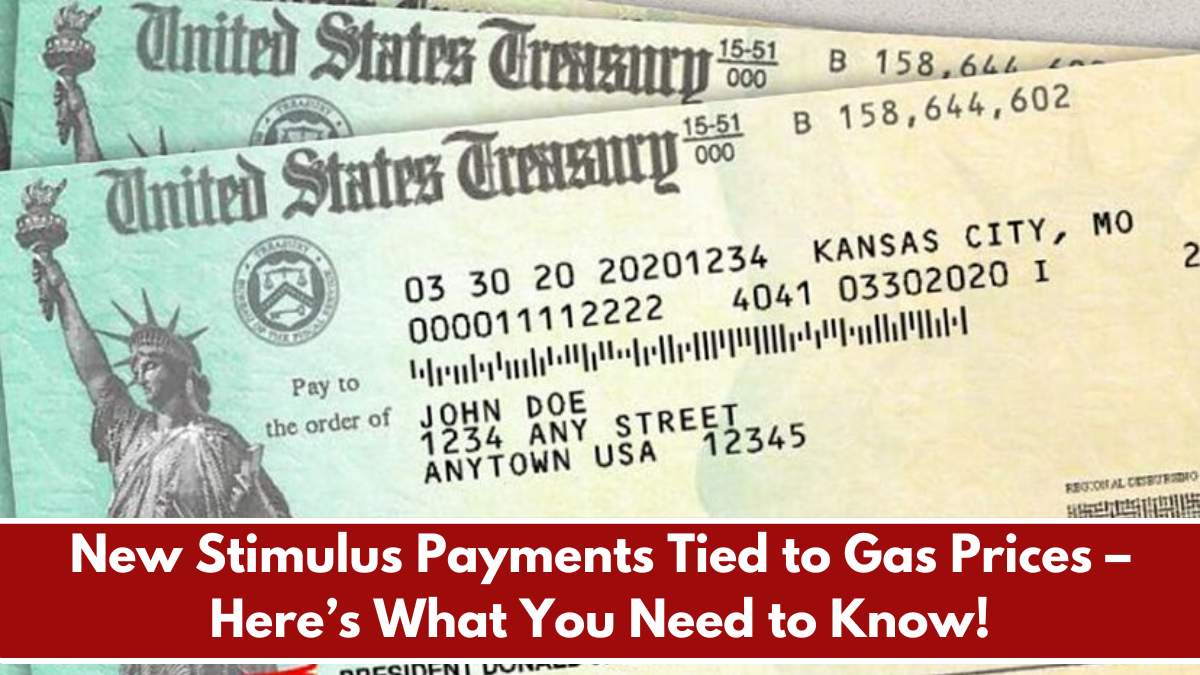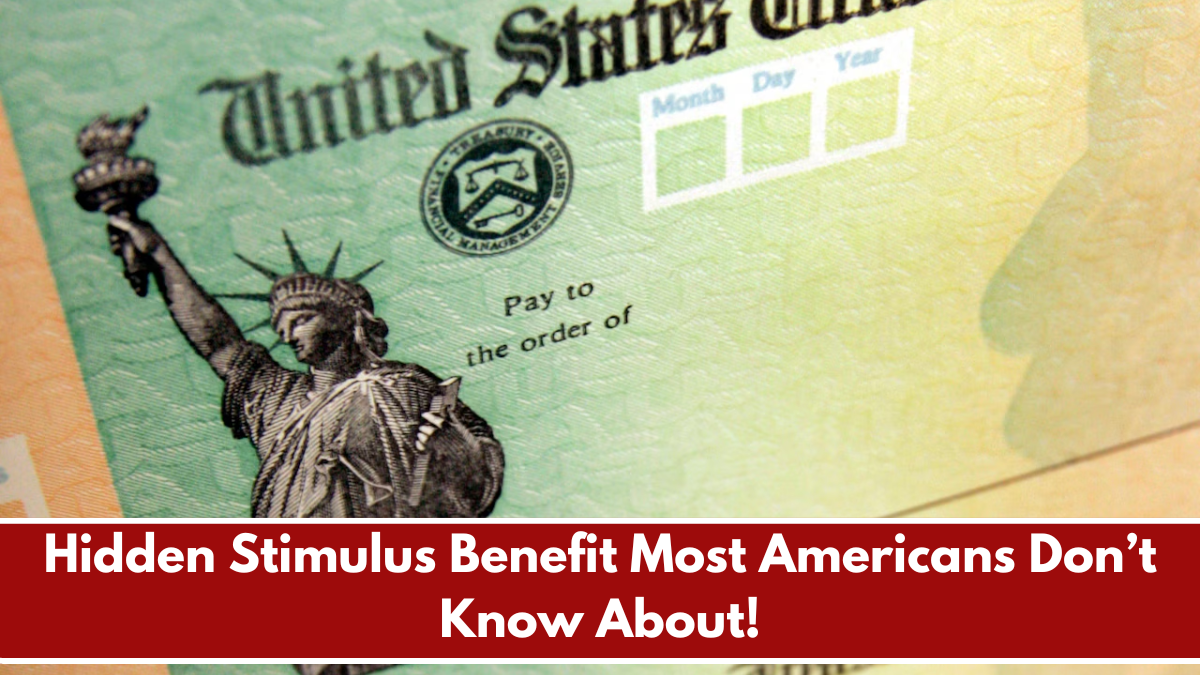Coin collecting can be a fun and profitable hobby, but one wrong move could mean losing thousands of dollars. Whether you’re a beginner or a seasoned collector, avoiding common mistakes is crucial to ensuring you don’t accidentally undervalue, damage, or even give away a rare and valuable coin. In this article, we’ll explore five costly mistakes that every coin collector should avoid to protect their investment and maximize their profits.
1. Cleaning Your Coins – A Costly Rookie Mistake
Many new collectors think that shiny coins are worth more, so they try to clean old or dirty coins—but this is a huge mistake! Cleaning a coin can scratch its surface, strip its natural patina, and dramatically reduce its value. Professional coin graders and collectors prefer coins in their original, untouched condition. Even if a coin looks dull or dirty, it’s best to leave it as is—you might be sitting on a hidden fortune!
2. Ignoring Key Dates and Mint Marks
Not all old coins are valuable—what makes a coin rare often comes down to its date and mint mark. Some collectors mistakenly overlook rare dates or mix up common versions with valuable ones. For example, a 1943 copper penny is worth over $1 million, while a regular 1943 steel penny is worth only a few cents. Always check the mint mark (such as “D” for Denver or “S” for San Francisco) and do your research before selling or trading any coin.
3. Mishandling Coins – Fingerprints Can Ruin Value
Handling coins improperly can cause serious damage, reducing their value significantly. Touching a coin with bare hands can leave oils and fingerprints, which lead to oxidation and permanent stains. The best way to handle valuable coins is by holding them by the edges, using gloves, or placing them in protective holders to preserve their condition. Even minor scratches can mean the difference between a valuable coin and a worthless one.
4. Falling for Fake or Counterfeit Coins
With the rise of online marketplaces, counterfeit rare coins have become a serious issue. Some collectors accidentally buy fake coins without realizing it, losing hundreds or even thousands of dollars. If you’re purchasing a high-value coin, always buy from reputable dealers and get the coin authenticated by a professional grading service like PCGS or NGC. If a deal looks too good to be true, it probably is!
5. Selling Too Quickly Without Proper Appraisal
Many collectors make the mistake of selling their coins too quickly without getting them properly appraised. You might think your coin is only worth a few dollars when, in reality, it could be worth thousands. Always get your rare or potentially valuable coins evaluated by a professional numismatist or auction house before making any decisions. Taking your time to research the market can ensure you don’t sell a valuable coin for a fraction of its true worth.
Avoiding these common mistakes can save you from losing money and help you build a more valuable collection. Never clean your coins, always check for key dates and mint marks, handle them with care, watch out for counterfeits, and don’t sell too quickly. By following these simple tips, you can protect your collection and maximize its value over time.
FAQ’s:
1. Why shouldn’t I clean my coins?
Cleaning a coin removes its natural patina and can cause scratches, significantly reducing its value. Collectors and grading services prefer untouched, original coins.
2. How do I know if my coin is rare?
Check the date and mint mark, research known error coins, and compare your coin to online price guides. Getting it professionally graded is the best way to confirm its rarity.
3. Where can I get my coins appraised?
You can get your coins appraised at local coin shops, professional grading services (PCGS, NGC), or major coin auction houses.
4. How can I tell if a coin is counterfeit?
Look for incorrect details, unusual weight, or poor-quality engravings. Always buy from trusted dealers and consider getting high-value coins authenticated.
5. When is the best time to sell a rare coin?
The best time to sell depends on market trends—rare coins can increase in value over time. If demand is high, you can sell at auction or through a dealer to get the best price.
